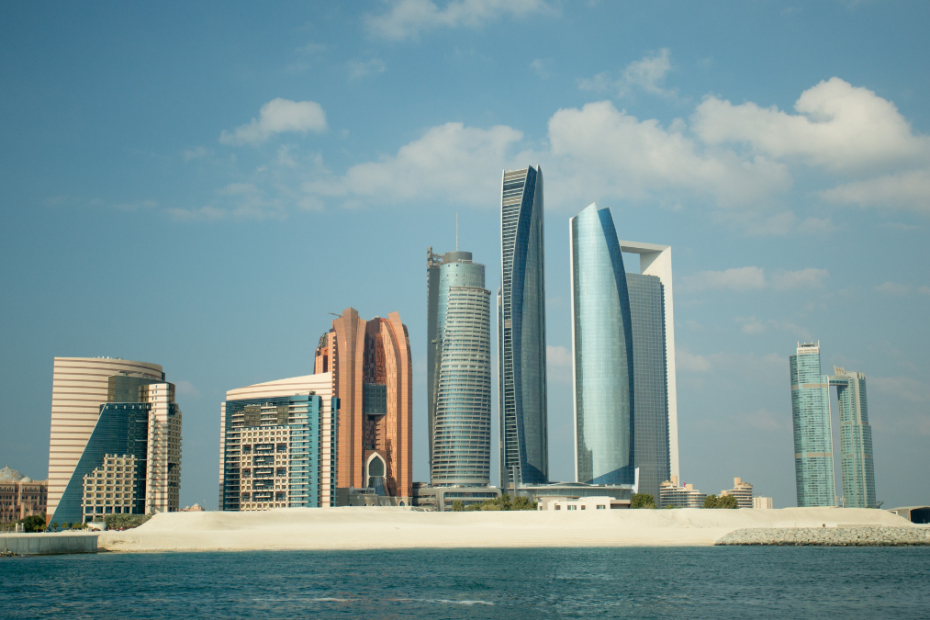Ongoing trade negotiations with the United Arab Emirates (UAE) have caused concerns for human rights, labour, and environmental organisations over the UAE’s record on human rights.
Our office joins the Australian Council of Trade Unions (ACTU) and other groups in signing an open letter decrying any preferential trade agreement with the UAE and calling on the Albanese Government to not proceed with these trade talks until the UAE can demonstrate concrete steps to address these concerns. Australia should not reward human rights violations with a preferential trade agreement.
The UAE is an absolute monarchy and is not a signatory to key UN and ILO Conventions protecting civil rights, freedom of association, the right to organise and the right to collective bargaining. Temporary migrant workers form more than 90% of the private sector workforce. Most non-professional migrant workers are employed under the kafala system, which ties them to individual employers who act as their visa sponsors, with the risk of deportation if they leave. The kafala system has been classified as a system of modern slavery.
Despite a new Labour Law in 2022, the new law does not protect labour rights:
• There is no national minimum wage and the law does not include the right to organise or bargain collectively nor the right to form or join unions.
• Workers experience nonpayment of wages, unpaid overtime, failure to grant legally required time off, withholding of passports, threats, including threats of deportation, and in some cases psychological, physical, or sexual abuse.
• Contrary to the law, employers routinely withhold employees’ passports, thus restricting their freedom of movement and ability to leave the country or change jobs.
• The new law does not apply to domestic workers, who comprise more than 12% of the total workforce and 42% of the female workforce, so they have even less protections than other workers, experiencing labour abuses, forced labour, sexual abuse and human trafficking and can be legally made to work for up to 72 hours a week.
• The main change in the 2022 labour law is that migrant workers have the right to file labour-related grievances with the Human Resources Ministry. However, the US State Department report notes “The threat of deportation discouraged noncitizens from expressing work-related grievances” (p.38)
Women’s rights
Repeated investigations and reports have documented systemic discrimination against women in the UAE. Despite some recent anti-discrimination laws, significant discrimination against women and girls remains:
• Muslim women must have the consent of their guardians to marry. The law permits a man to have as many as four wives, but women may not have more than one husband.
• To obtain a divorce with a financial settlement, a woman must prove her husband inflicted physical or moral harm upon her. Physical abuse claims require medical reports and two male witnesses. Judges have discretion to consider women as full witnesses or half witnesses.
Criminalisation of homosexuality and transgender expression
The UAE criminalises homosexuality and gender expression of trans people. The law does not extend antidiscrimination protections to LGBTQI+ individuals based on their sexual orientation, gender identity or expression, or sex characteristics; LGBTQI+ persons could face arrest, since homosexual activities are illegal.
UAE inaction on climate change and conflict-of-interest at COP 28 meeting
With 30% of Gross Domestic Product (GDP) based directly in oil and gas exports, the UAE has been widely criticised for its record on climate action. The UAE’s climate policies and commitments are not consistent with the Paris Agreement’s 1.5°C temperature limit, and lead to rising rather than decreasing emissions, even taking into account the recently announced net-zero ambitions of the UAE.
When the UAE hosted the 2024 COP 28 climate summit, the summit President was both chief executive of the UAE national oil company ADNOC and the UAE’s climate envoy. In the lead up to the summit, leaked briefing documents were revealed for meetings with summit participants to increase ADNOC’s exports of oil and gas. This dual role has been criticised as a conflict of interest, which contributed to the relatively weak wording of the summit statement on phasing out fossil fuels, described by Al Gore as “an important milestone… but the bare minimum of what we need and is long overdue”.
